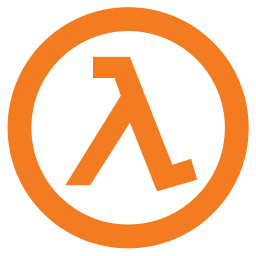The Epic First Run programme allows developers of any size to claim 100% of revenue if they agree to make their game exclusive on the Epic Games Store for six months.
After the six months are up, the game will revert to the standard Epic Games Store revenue split of 88% for the developer and 12% for Epic Games.



If the only choice is storefront A that’s used by 100% of consumers and storefront B that’s used by 0.1% of consumers then storefront A has a monopoly even if technically there’s a competitor. They means storefront A doesn’t need to sign exclusivity agreements because it knows no one will choose not to sell through them as it would mean not selling at all.
Epic doesn’t force third party developers to sell exclusives with them either, they’re free not to take their offer.
I think you’re missing a big thing here.
Let’s take your scenario where there’s stores a with 99.9% and store b with 1%
A developer of a game can list their game on store a and store b. Store b will have to compete with higher revenue share. But that would make it enticing for developers to dual list.
– Legally epic is not forcing anyone to take their exclusive at the offers, but I as a customer realize they’re removing choice from me as a customer. I consider that a personal affront to my agency. And I will not do business with a company who I consider as a negative, removing my choices.
If epic just offered a better cut to developers, nobody would have an issue of them. It’s the exclusivity trying to fragment the space that makes it annoying and to be avoided